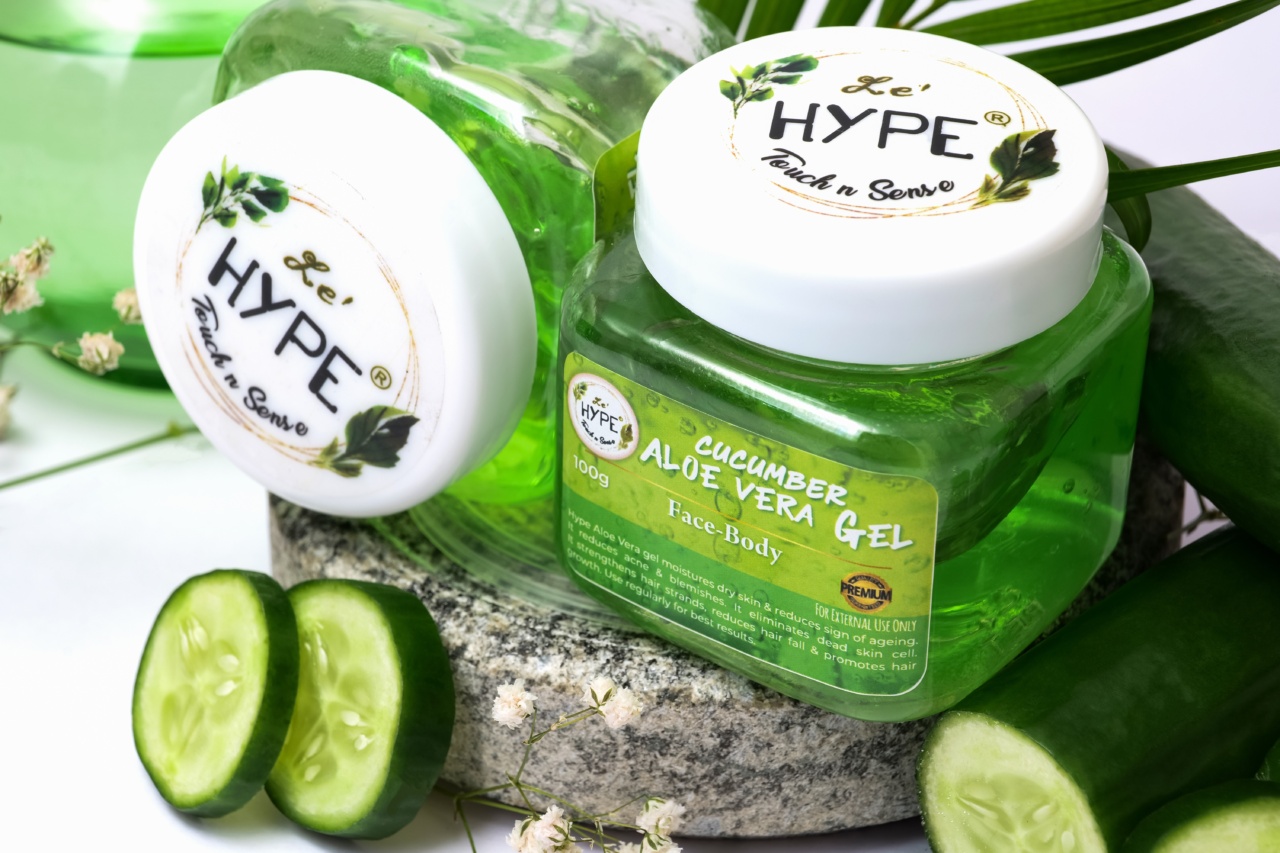Aloe vera is a popular plant that has been used for centuries for its healing properties. Its gel-like substance is known to have anti-inflammatory and anti-bacterial properties, making it an effective remedy for various skin conditions, including acne.
In this guide, we will explore the benefits of using aloe vera for acne, how to use it, and some other tips to get the most out of this amazing plant.
Benefits of Aloe Vera for Acne
Aloe vera has numerous benefits for the skin, making it a popular ingredient in many skincare products. Here are some of the benefits of aloe vera for acne:.
1. Reduces Inflammation
Acne is often accompanied by inflammation, which causes redness and discomfort. Aloe vera has anti-inflammatory properties that can help reduce the inflammation associated with acne.
2. Fights Bacteria
Acne is caused by the P. acnes bacteria, which thrive in clogged pores. Aloe vera contains compounds that have antibacterial properties, making it effective in fighting and preventing acne.
3. Soothes Irritated Skin
Acne-prone skin is often sensitive and easily irritated. Aloe vera has a cooling and soothing effect on the skin, making it an ideal remedy for irritated or inflamed skin.
4. Moisturizes the Skin
Dry skin can worsen acne and make it difficult to get rid of. Aloe vera is a natural moisturizer that can help hydrate the skin without clogging pores.
5. Lightens Acne Scars
Acne scars can be stubborn and difficult to get rid of. Aloe vera contains compounds that can help lighten acne scars and promote skin healing.
How to Use Aloe Vera for Acne
Aloe vera is versatile and can be used in various forms for acne treatment. Here are some ways to use aloe vera for acne:.
1. Aloe Vera Gel
The gel inside the aloe vera plant contains most of its healing properties. Apply aloe vera gel directly to the affected area and leave it on overnight. Wash it off in the morning and repeat the process daily until the acne clears up.
2. Aloe Vera Juice
Aloe vera juice can also be used to treat acne. Apply aloe vera juice to the affected area using a cotton ball and leave it on for 30 minutes before rinsing it off with warm water. Repeat this process daily until the acne clears up.
3. Aloe Vera and Tea Tree Oil
Tea tree oil has antibacterial properties that make it effective in treating acne. Mix a few drops of tea tree oil with aloe vera gel and apply the mixture to the affected area. Leave it on for 10-15 minutes before washing it off with warm water.
Repeat this process daily until the acne clears up.
4. Aloe Vera and Lemon Juice
Lemon juice contains citric acid, which helps exfoliate dead skin cells and unclog pores. Mix equal parts of lemon juice and aloe vera gel and apply the mixture to the affected area. Leave it on for 10-15 minutes before washing it off with warm water.
Repeat this process once a week to help prevent acne.
Tips for Using Aloe Vera for Acne
Here are some tips to help you get the most out of aloe vera for acne:.
1. Use Fresh Aloe Vera
Fresh aloe vera gel is more effective than processed gel, so try to use fresh aloe vera whenever possible.
2. Perform a Patch Test
Perform a patch test before applying aloe vera to your face to make sure you’re not allergic to it.
3. Be Consistent
Consistency is key when it comes to treating acne with aloe vera. Follow your chosen method of aloe vera application daily until you see results.
Conclusion
Aloe vera is a natural and effective way to treat acne. Its anti-inflammatory and antibacterial properties make it an ideal remedy for various skin conditions, including acne.
Experiment with the different methods of using aloe vera and find the one that works best for you. With regular use, aloe vera can help you achieve clear, healthy-looking skin.































